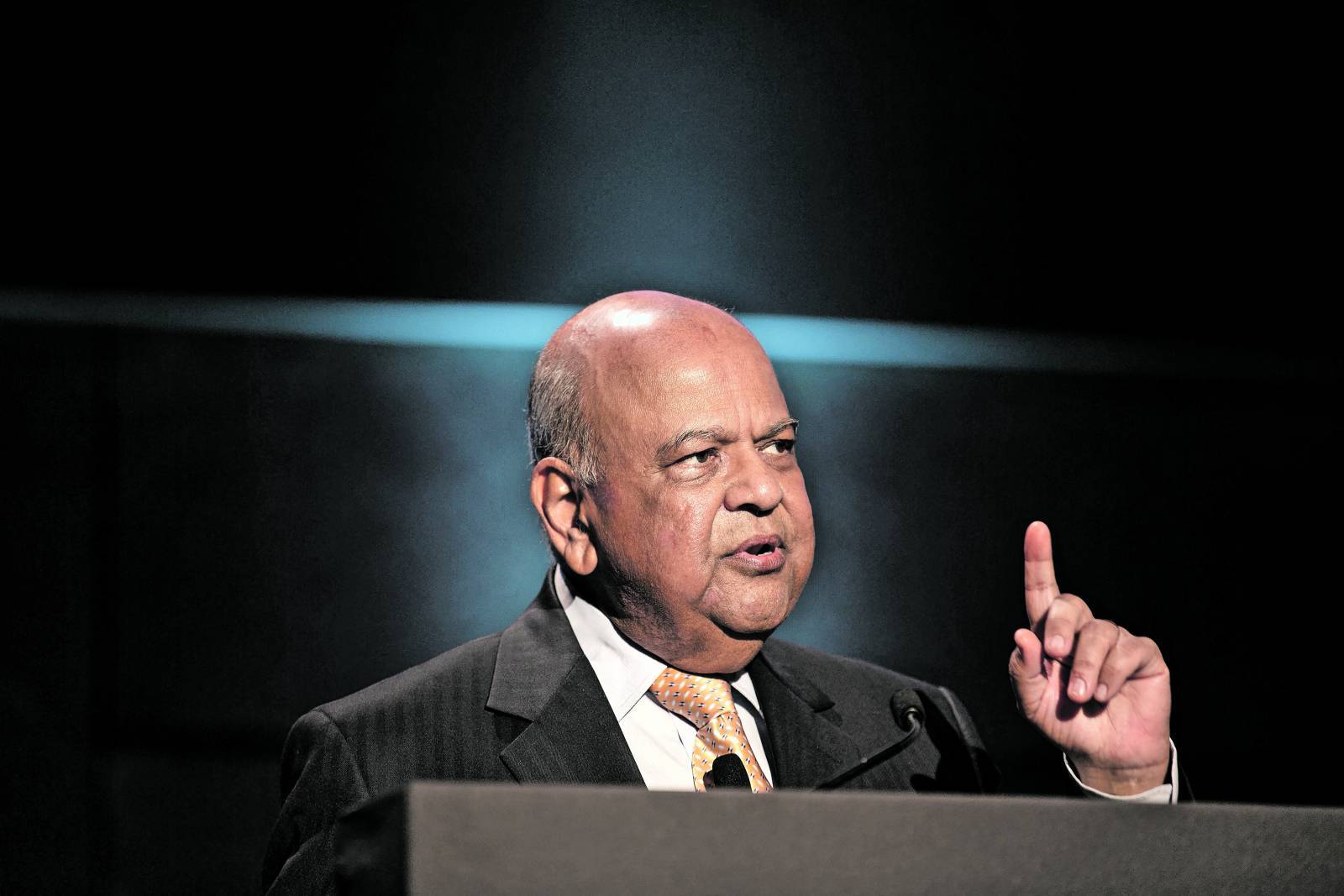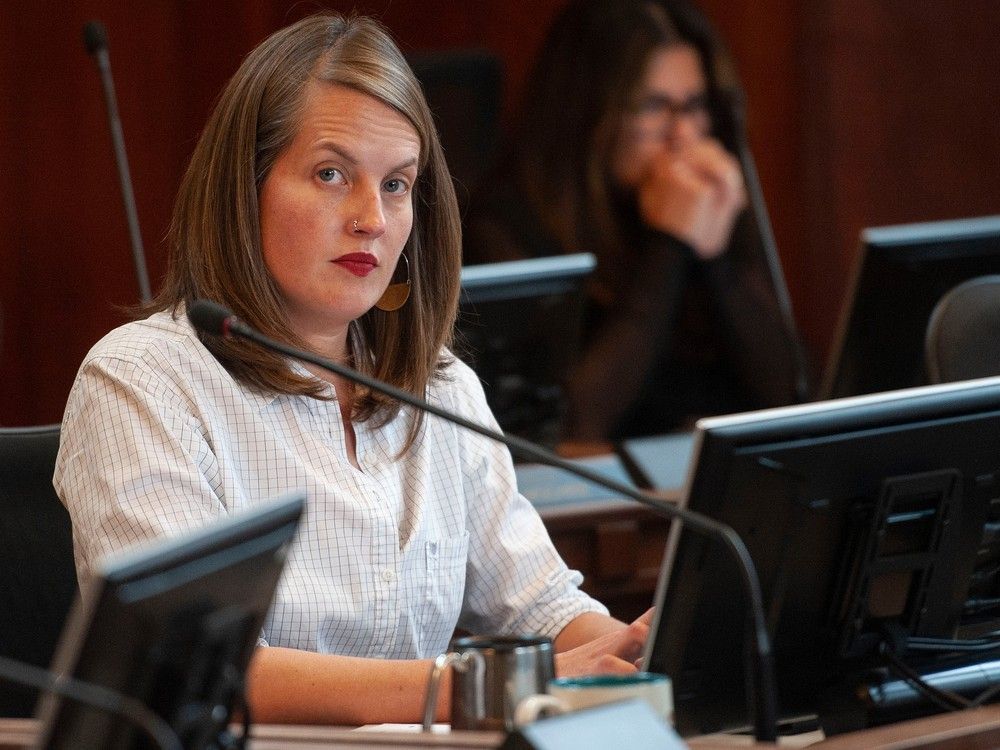Public Enterprises Minister Pravin Gordhan. (Gulshan Khan/AFP)
Minister of Public Enterprises Pravin Gordhan says more conversations need to take place in South Africa to ensure that a “just” transition happens.
Speaking at the Presidential Climate Commission’s political dialogue, Gordhan said it was important for the country to have discussions about, and do research on, the effects decommissioning coal-fired power stations had on people.
“If we slow down the performance of some of the coal power stations, repurpose them, what’s the actual impact on communities and workers?” he asked.
“So, whilst there is a fair amount of discussion around these issues, we need to ask ourselves, ‘Do we fully understand the consequences that would have to be [felt] by the majority of people and workers?’”
Gordhan’s statements come on the heels of an interim report from the Presidential Climate Commission (PCC), which found that the decommissioning of the Komati power plant in Mpumalanga would negatively affect surrounding communities.
The report raised concerns about the negative effects decommissioning would have on community development. Commission members said funds had not been invested adequately in communities.
“Members also noted that the village lacks a health clinic, a high school, a library and there is only one supermarket to cater to the entire village. Consequently, community members and older students must travel elsewhere to access healthcare and education,” the report read.
The PCC’s report echoed sentiments previously expressed by Mineral Resources and Energy Minister Gwede Mantashe who said its transition to renewables could not be “just” because of the significant job losses it would cause.
The closure of the power station in October last year caused a decline in economic activity in the area. Many businesses relocated and unemployment rose as people lost their jobs.
Local communities highlighted the plight of contractors who had lost their livelihoods and questioned whether the transition would fully consider their needs and aspirations.
Eskom has admitted that they had closed the station prematurely, without proper planning, which had left people destitute.
In 2015, South Africa was one of the 195 countries that committed to the UN Paris Agreement at the Cop21 climate conference, binding them to targets aimed at resulting in a neutral balance of carbon pollution, or net zero, by 2050.
To reach its Paris Agreement goals, South Africa has committed to closing 10 coal-fired power stations by 2036.
On Tuesday, Gordhan said the transition to clean energy should ensure that no one is left behind. He said as the country continues on its path to decommissioning, it should address concerns surrounding equal opportunities to energy access.
“We need to more sharply raise the question: ‘Is energy a public good or not and is there access to the key tools that are going to be required for decarbonisation, and to survive in a decarbonised world, to ensure that all countries have access to public goods and renewable sources of energy?’”
Gordhan said as the country heads to this year’s Cop28 conference in November, it was important to ensure that high emitters accounted for their role in the climate crisis and to ensure that the financial and technological gap was closed.
He added that it was important for South Africa to begin implementation of draft policies to show that it has the capacity to undertake transition in a just way.
Mandisa Nyathi is a climate reporting fellow funded by the Open Society Foundation for South Africa.





















Discussion about this post